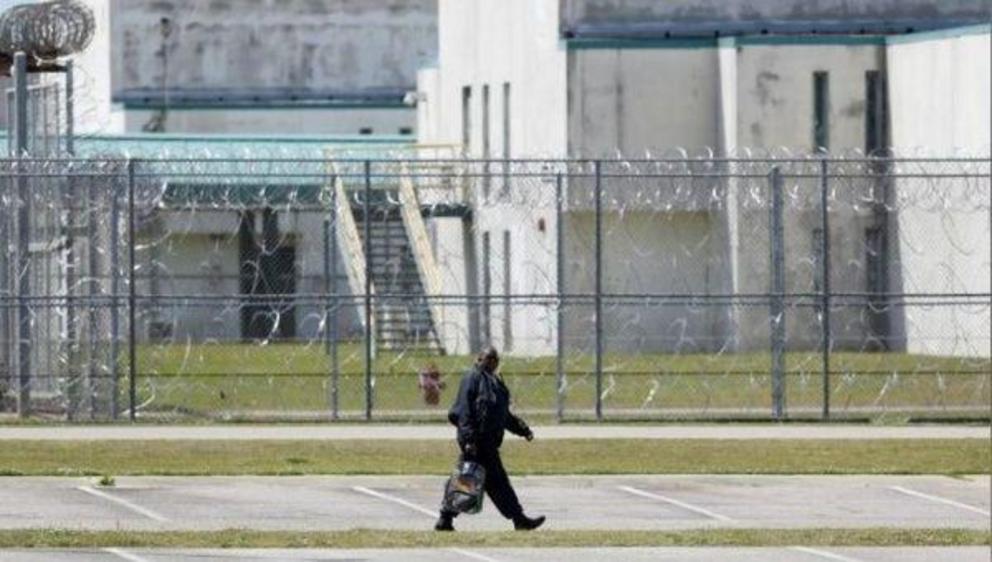US prisoners strike over conditions akin to 'modern slavery'
“Fundamentally, it’s a human rights issue. Prisoners understand they are being treated as animals," said the Jailhouse Lawyer Speak.
Prisoners across the United States, which is home to the world's largest prison population, went on strike in at least 17 states Tuesday. Prisoners are refusing to work, holding sit-ins and going on hunger strike from August 21, the 47th anniversary of the murder of Black Panther member, George Jackson, by correctional officers in San Quentin, until September 9, which marks the 47th anniversary of the Attica prison uprising for humane conditions and fundamental sociopolitical rights.
Led by incarcerated members of the Jailhouse Lawyers Speak, a group of prisoners providing mutual help and legal training to other inmates, the strike aims to bring attention to and an end to “modern slavery” conditions in U.S. prisons.
“Fundamentally, it’s a human rights issue. Prisoners understand they are being treated as animals. Prisons in America are a war zone. Every day prisoners are harmed due to conditions of confinement. For some of us it’s as if we are already dead, so what do we have to lose?” a statement read by the group.
The strike carries the risk of retaliation by penal authorities. Karen Smith, a supporter of the strike who operates the Gainesville, Florida chapter of the Incarcerated Workers Organizing Committee, said prison authorities had relocated local strike organizers to solitary confinement.
“Other inmates have been warned that if they continue to contact advocacy groups, they will be moved to the most brutal camps.”
This year's strike was triggered by the April 15 prison riot at the Lee Correctional Institution in South Carolina, which left seven inmates dead, according to The Guardian. The deceased included: Corey Scott; Eddie Casey Gaskins; Raymond Angelo Scott; Damonte Rivera; Michael Milledge; Cornelius McClary; and Joshua Jenkins.
It also comes two years after the nationwide prison strike in September 2016, which was led by a group of inmates called the “Free Alabama Movement” in Holman prison in Alabama and spread across 12 U.S. states.
Inmates have made a list of 10 demands as part of the strike. They include: improved prison conditions; an end to life without parole sentences or “death by incarceration”; increased budgets for rehabilitation programs; an end to the disenfranchisement of roughly 6 million people with felony convictions who are not allowed to vote; and an immediate end to compulsory labour in what strike organizers describe as being a modern form of slavery.
Every day, over 800,000 inmates are forced to work in different industries in the United States. In an industry that rakes in two billion U.S. dollars per year, prisoners in the state of Louisiana receive just four cents per hour.
A shortlist of companies profiting from prison labor include Microsoft; American Airlines; Starbucks; BP; Victoria Secret; Walmart; and McDonald's.

